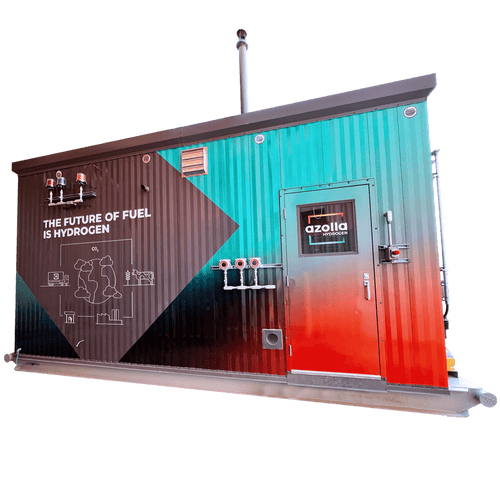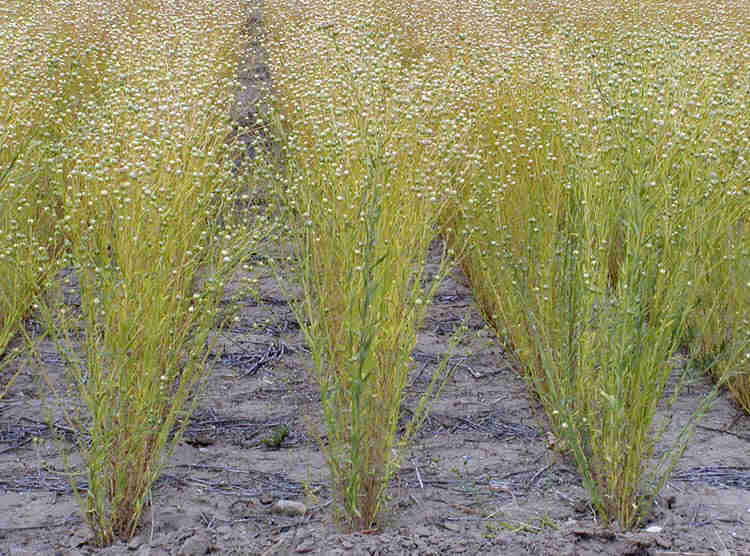Global Clean Energy Holdings and the United States Department of Agriculture (USDA) have signed a contract for the Partnerships for Climate-Smart Commodities Grant for their Climate-Smart Camelina Project, according to a news release.
With the signing, work can officially begin on their $30m pilot project to measure and validate the advantages of Camelina sativa (camelina) as an ultra-low carbon nonfood renewable fuel feedstock.
Climate-Smart Camelina is a large-scale pilot project to implement, measure, and validate the climate advantages of camelina in both rotational (fallow acres) and winter crop (e.g., in a double-crop rotation) production systems.
The project is meant to accelerate farmers’ adoption of camelina grown to produce feedstock for renewable biofuels and chemicals without causing land-use change and while increasing carbon capture in the soil.
Further, the project is meant to support market development to provide additional revenue streams to growers and provide a premium for this low carbon intensity crop.
Global Clean Energy’s wholly owned subsidiary, Sustainable Oils, Inc., contracts directly with farmers to grow camelina currently in Colorado, Idaho, Kansas, Montana, Nebraska, North Dakota, Oklahoma, Oregon, and Washington.
Camelina grain is refined in the company’s Bakersfield Renewable Fuels refinery in California.
The USDA Climate-Smart Commodities announcement can be accessed here.






